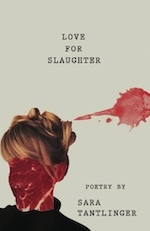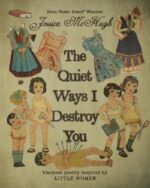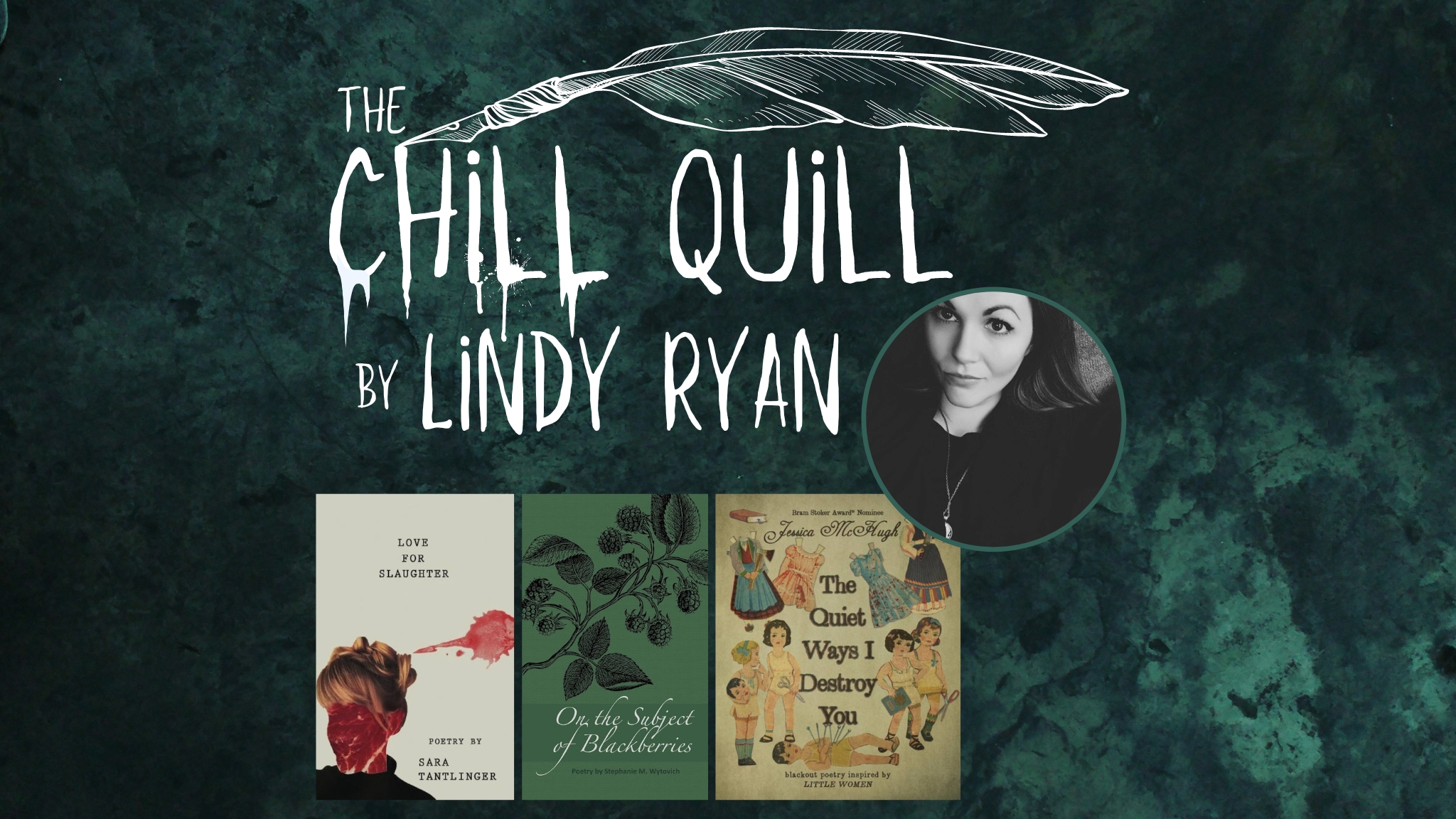Along with April’s showers comes National Poetry Month, a month-long celebration that “celebrates poets’ integral role in our culture and that poetry matters.” Since its inception in April 1996, National Poetry Month has grown to become the largest literary celebration in the world, with tens of millions of poetry aficionados — readers, students, teachers, booksellers, publishers, and poets, of course — rising into the spotlight to support the craft of poetry.
As April draws to a close, we say goodbye to National Poetry Month, but poetry itself is for all seasons. After all, poetry isn’t confined to genre any more than it is to a single month. While many may be familiar with poetry’s penchant for verses about love and nature, perhaps the craft shines brightest in those darker moments when we yearn for ways to explore and understand some of our most complicated feelings.
 “Poetry, for me, has always been a path toward healing,” says Bram Stoker Award-winning poet Stephanie M. Wytovich, whose newest collection, On the Subject of Blackberries, gave her the safe space to exorcise intrusive thoughts, come to terms with an OCD diagnosis, and process the aftereffects of postpartum rage. “In a lot of ways, I climbed inside the Blackwood Mansion of Shirley Jackson’s We Have Always Lived in the Castle and took sanctuary there while I stitched myself back together and accepted this new identity,” says Wytovich. “The collection became an intersection of pain and shame, but woven inside it is a magic that promises possibility and a new life after darkness. And for that, I’m grateful.”
“Poetry, for me, has always been a path toward healing,” says Bram Stoker Award-winning poet Stephanie M. Wytovich, whose newest collection, On the Subject of Blackberries, gave her the safe space to exorcise intrusive thoughts, come to terms with an OCD diagnosis, and process the aftereffects of postpartum rage. “In a lot of ways, I climbed inside the Blackwood Mansion of Shirley Jackson’s We Have Always Lived in the Castle and took sanctuary there while I stitched myself back together and accepted this new identity,” says Wytovich. “The collection became an intersection of pain and shame, but woven inside it is a magic that promises possibility and a new life after darkness. And for that, I’m grateful.”
Poetry offers a safe space to dig into sensitive subject matter, whether external or external. It’s a place where poets can be raw on the page, carving themselves open with their pen, without fear or compromise — and with that kind of freedom, comes creation.
 “Dark verse lends itself to healing because it is so unmasked,” says fellow Stoker Award-winning poet Sara Tantlinger. “Horror is beautiful in its raw ability to examine the things that we often don’t want to hold a lens to.” Tantlinger says her first poetry collection, Love for Slaughter, allowed her to dig into a catharsis she needed at that time in her life, and gave her the freedom to play around with the concept of ‘horrormance’ and just create for fun. “It was like an exorcism of things past,” she says, “plus inspiration to keep creating.”
“Dark verse lends itself to healing because it is so unmasked,” says fellow Stoker Award-winning poet Sara Tantlinger. “Horror is beautiful in its raw ability to examine the things that we often don’t want to hold a lens to.” Tantlinger says her first poetry collection, Love for Slaughter, allowed her to dig into a catharsis she needed at that time in her life, and gave her the freedom to play around with the concept of ‘horrormance’ and just create for fun. “It was like an exorcism of things past,” she says, “plus inspiration to keep creating.”
And poets, no matter their preference in structure or verse or subject matter, are creators of the highest regard. Merciless in their pursuit of truth, too, even when it hurts.
 “Human emotions are so complex, and many of us don’t have the vocabulary to express everything roiling inside our minds, or how strange it is feeling like these whirling thoughts actually exist beyond our minds, in our souls, or even right under our skin. Dark verse helps us put names to these feelings,” says Bram Stoker Award-nominee, Jessica McHugh, who works primarily with blackout poetry. Also called erasure poetry, blackout poetry is a form of “found poetry” wherein a poet takes an existing text and erases, blacks out, or obscures a large portion of the text, creating a wholly new work from what remains. It’s a way to create art within art, laying emotion, expression, and experience.
“Human emotions are so complex, and many of us don’t have the vocabulary to express everything roiling inside our minds, or how strange it is feeling like these whirling thoughts actually exist beyond our minds, in our souls, or even right under our skin. Dark verse helps us put names to these feelings,” says Bram Stoker Award-nominee, Jessica McHugh, who works primarily with blackout poetry. Also called erasure poetry, blackout poetry is a form of “found poetry” wherein a poet takes an existing text and erases, blacks out, or obscures a large portion of the text, creating a wholly new work from what remains. It’s a way to create art within art, laying emotion, expression, and experience.
“One of the coolest things about creating blackout poetry is working within another writer’s vocabulary,” says McHugh. “It provides the opportunity to build unexpected figures of speech in poems while expanding my own lexicon through a more hands-on approach. This is especially fun when using dark, evocative fiction like Frankenstein and Wuthering Heights because you can paint a picture that might convey the longing or horror of the original text but in a pithier way that maximizes the playfulness and/or pain in the piece.”
And that playfulness and/or pain? At the end of the day, isn’t that what poetry — even the prettier stuff — is all about anyway?
Says McHugh, “When you read something like, ‘I felt a funeral in my brain and mourners to and fro kept treading,’ and it’s as if Emily Dickinson reached into your heart and sculpted the perfect poem from the messiness of you, it reveals a hidden kinship: with the poet, and with everyone else who’s read those words and felt known.”
There’s powerful medicine in discovering you’re not alone — and for that, to borrow the words of my dear friend Stephanie Wytovich and her garden of blackberries, “I am grateful.”
The Chill Quill is a twice-monthly Horror, Suspense and Speculative Fiction column by Lindy Ryan. Read previous editions here.





